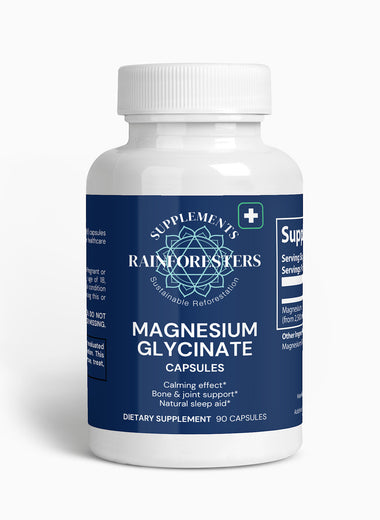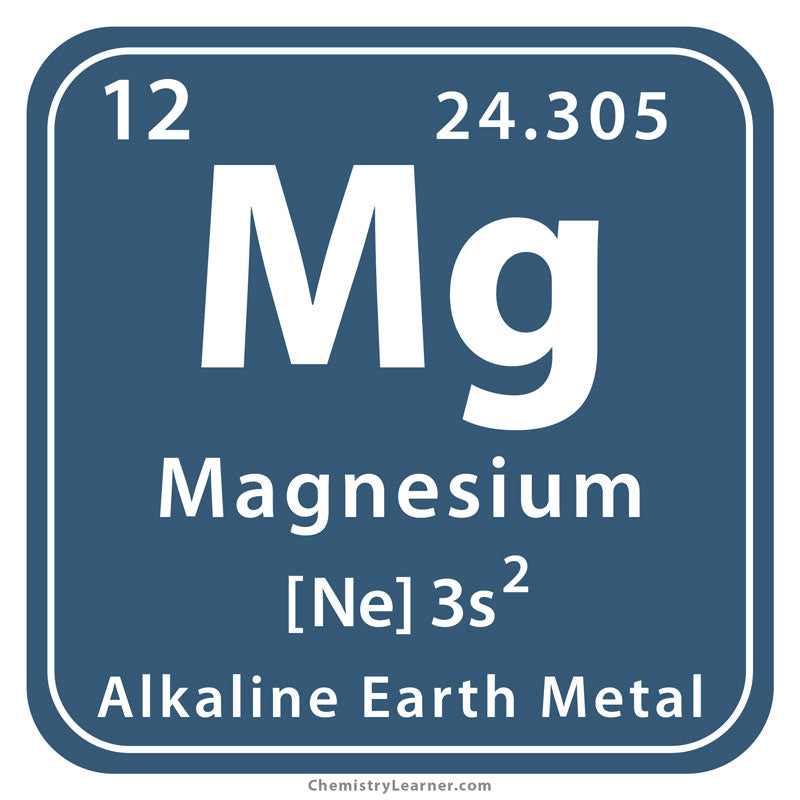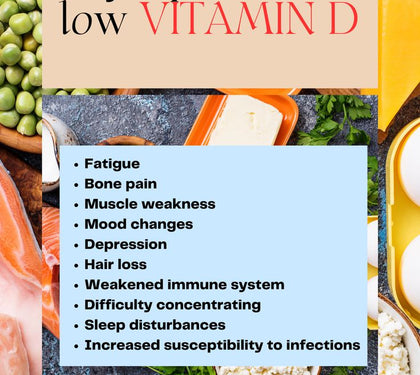When it comes to selecting a magnesium supplement, the choice between magnesium citrate and magnesium glycinate can make a significant impact on your health. But how do you know which one is right for you?
What are the benefits of Magnesium Citrate?
Magnesium citrate is known for its effectiveness in promoting digestive regularity and providing cardiovascular support. It is also a great option for individuals struggling with constipation. The body absorbs magnesium citrate well, making it a popular choice for those looking to boost their overall magnesium levels.
Why choose Magnesium Glycinate?
If you're experiencing trouble sleeping, seeking enhanced calm and muscle relaxation, or looking to support your mood, magnesium glycinate may be the better option for you. This form of magnesium is highly bioavailable and is often recommended for conditions like anxiety, insomnia, and chronic stress.
Which form of magnesium is right for you?
Ultimately, the decision between magnesium citrate and magnesium glycinate depends on your specific health needs. If you're focusing on digestive health or cardiovascular support, magnesium citrate may be the best choice. On the other hand, if you're looking to improve sleep quality, reduce anxiety, or enhance muscle relaxation, magnesium glycinate could be more beneficial for you.
Remember, it's always a good idea to consult with a healthcare professional before starting any new supplement regimen. They can provide personalized recommendations based on your individual health goals and needs.
Have you ever wondered how certain micronutrients can impact your immune system's ability to fight off respiratory infections? Recent research has shown that Magnesium, an essential mineral, plays a crucial role in supporting the immune system, particularly in the context of viral infections like COVID-19.
What is the connection between Magnesium and immune system support?
Magnesium is involved in numerous biochemical reactions in the body, including those that regulate the immune response. Studies have shown that Magnesium deficiency can impair immune function, making individuals more susceptible to infections.
How does Magnesium enhance antiviral defense in patients with COVID-19?
In the case of COVID-19, Magnesium has been found to have a significant impact on the severity of infection, symptoms, and outcomes. Research suggests that adequate levels of Magnesium can help modulate the immune response to the virus, potentially reducing the risk of severe complications.
What are the implications for individuals looking to support their immune system?
Ensuring that you have sufficient Magnesium levels through diet or supplementation may help enhance your immune system's ability to fight off respiratory infections, including COVID-19. Consult with a healthcare provider to determine the appropriate Magnesium intake for your individual needs.
Remember, maintaining a healthy immune system is crucial for overall well-being, and incorporating Magnesium-rich foods or supplements into your daily routine could be a simple yet effective way to support your body's defense against viral infections.





